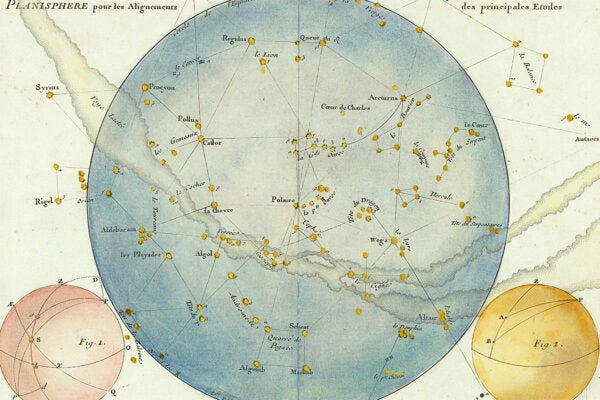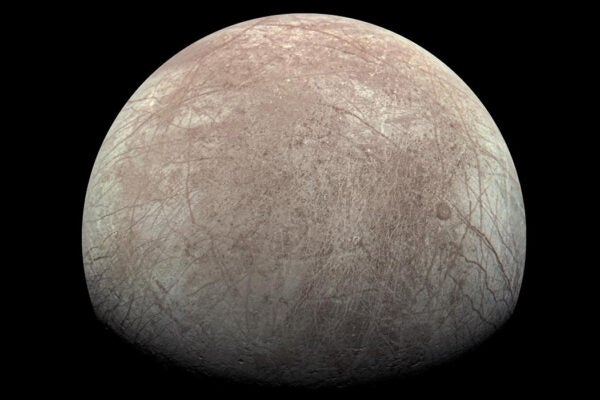Stephen Hawking, titan of theoretical physics and beloved public scientist, has died at the age of 76. Hawking’s age despite his diagnosis with amyotrophic lateral sclerosis (ALS) more than 50 years ago is itself a marvel, but this pioneering thinker and author of such works as A Brief History of Time will be remembered far longer. The stars glow a bit dimmer today.In his essay, “The Future of Science”—which we promise you will be able to understand—he discusses science fiction, common sense, and why it’s likely we’ll reach other planets but be unlikely to recognize the life we discover there.
There is great interest in the future, as is shown by the popularity of the ‘Star Wars’ films and the ‘Star Trek’ series. Nearly all the visions of the future that we have been shown, from H. G. Wells on, have been essentially static.
…
Yet, at least at the end of the second millennium, the world is inhabited by people who are much the same as those in the year 1000. By the year 3000, this may well no longer be true. We can extrapolate existing trends, but the unexpected will probably happen, as it has in the past.
Read the entire essay and download the PDF.
Plus, a bonus essay on “The Nature of Time and Space” from Scientific American.







